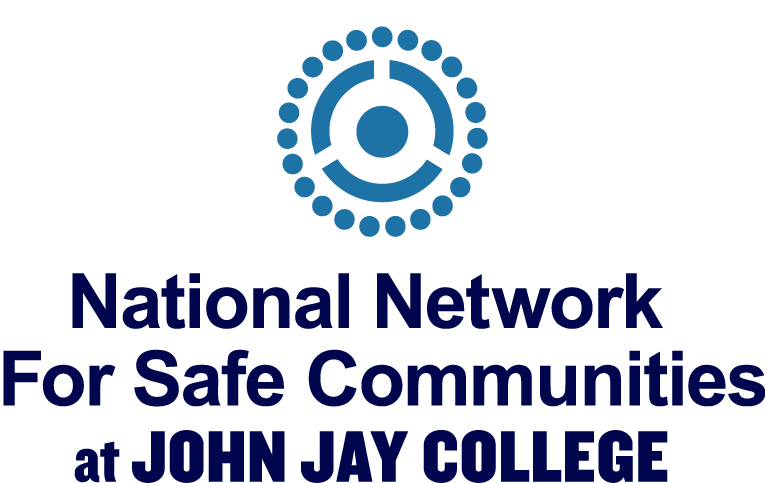Police-Community Reconciliation is a method of facilitating frank engagement between harmed communities and police that allows them to address grievances, misconceptions, and historical tensions, and reset relationships. Based on transitional justice and global truth and reconciliation practices, it is an opportunity for institutions to reckon with past harms, investigating how they continue into the present, and taking action to repair and reform. It is a way to engage people who have been excluded from systems in the work of reshaping them.
While exclusion and harm have been present in all parts of American law and society, police have often been the face of its sharpest legal abuses against marginalized communities, and particularly of those against Black people. They have been tasked with enforcing slavery, convict leasing, Jim Crow segregation, and then mass incarceration. From lynchings through present-day gun violence, law enforcement has often failed to protect Black communities from violence, often subjecting them to intrusive, disrespectful, or violent tactics at the same time. The aim of Police-Community Reconciliation is for communities and law enforcement to reckon with these difficult truths as a foundation for making real, meaningful change. It begins with open and honest dialogue—from which they can build mutual respect, empathy, trust, and a better way forward together.


